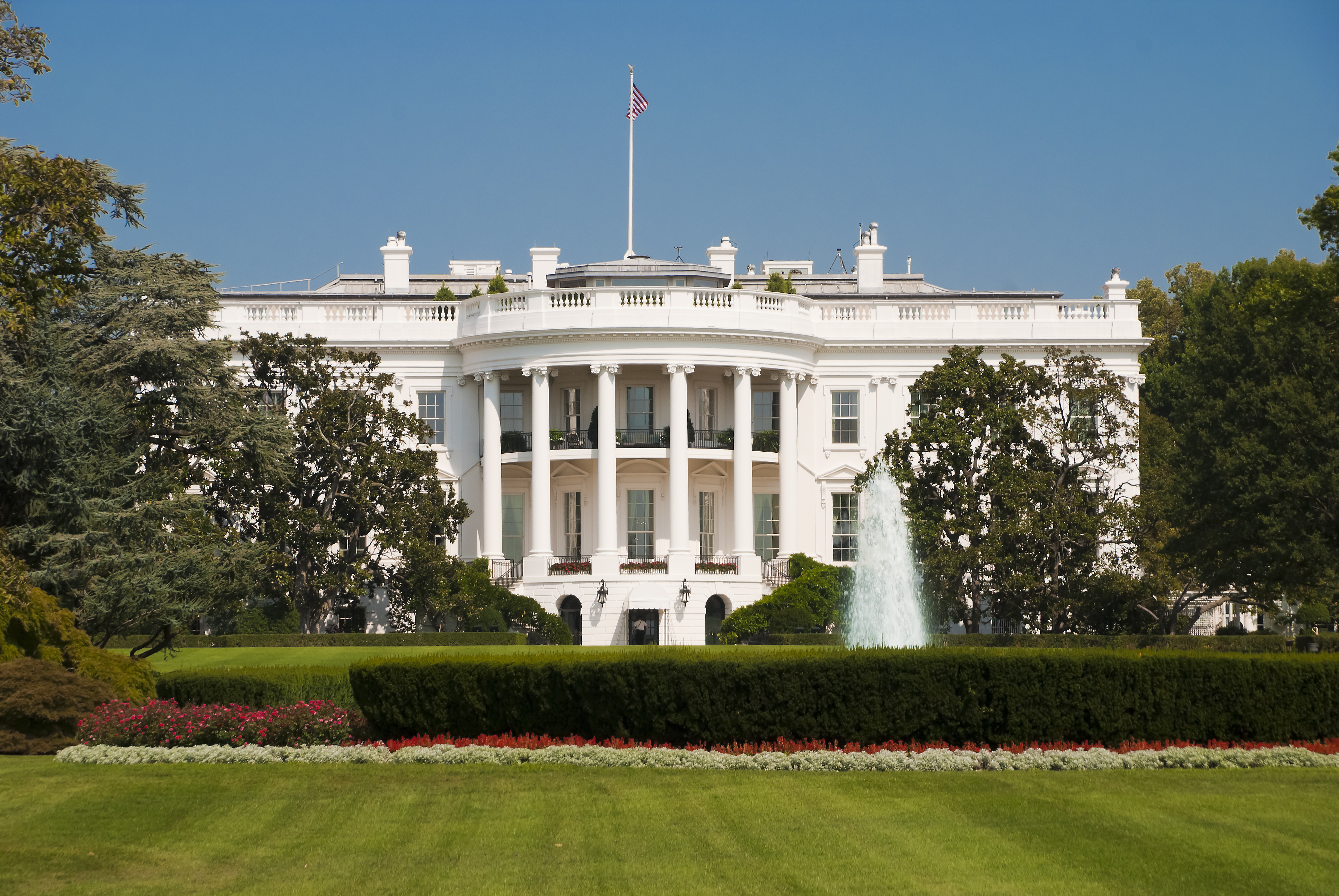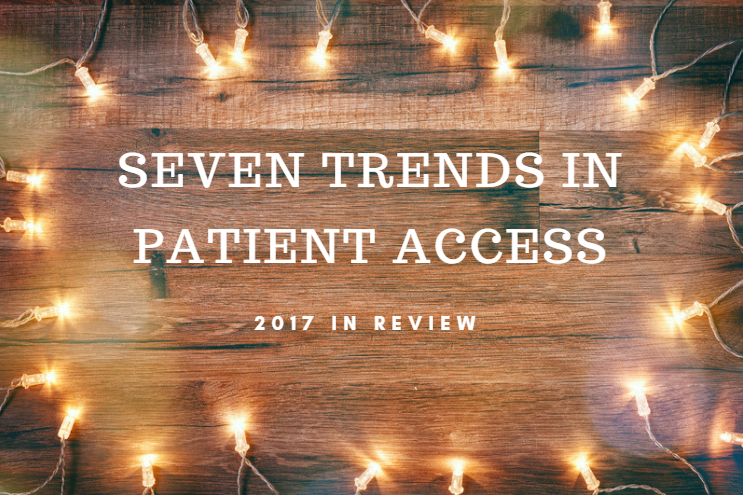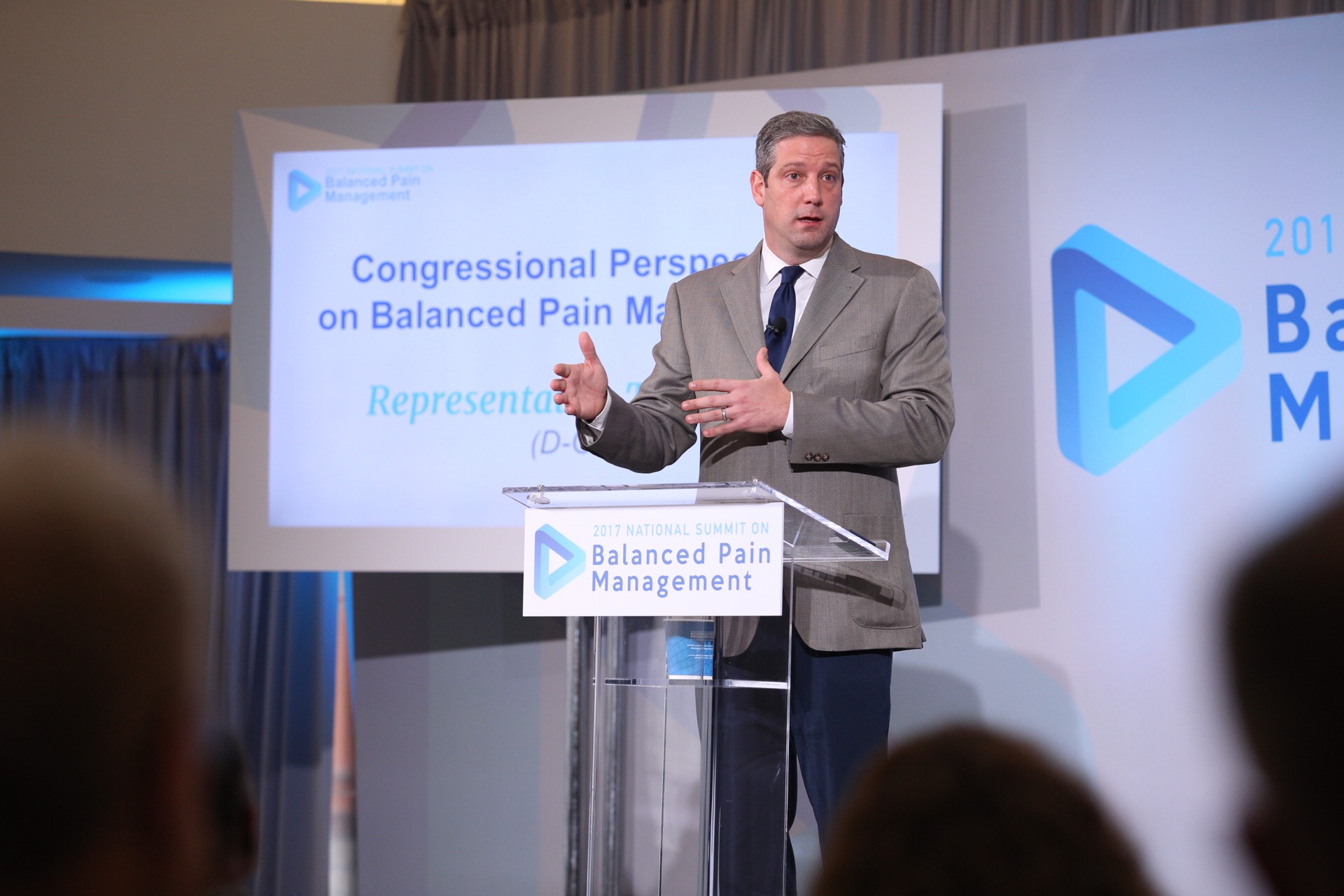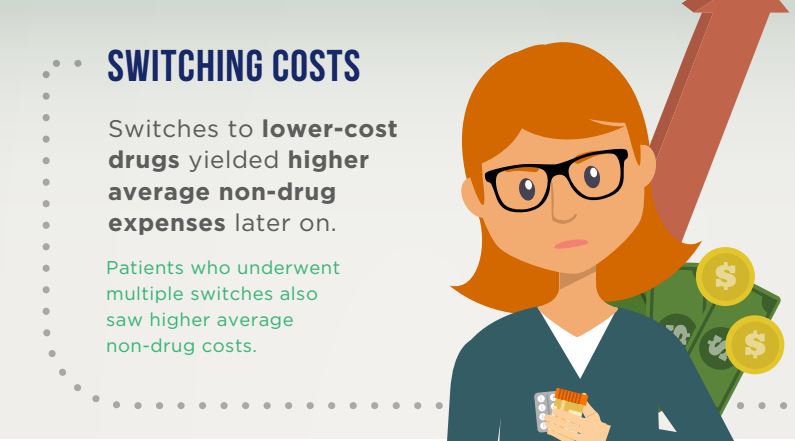

March 2, 2018
Thursday marked the White House Opioid Summit, which welcomed 200 affected Americans to discuss the crisis with Cabinet members. President Donald Trump declared the opioid abuse epidemic a public health emergency last fall.

December 14, 2017
As 2017 draws to a close, let’s take a look back at the highlights in patient access this year.

November 21, 2017
What’s worse than battling a debilitating, painful and costly disease? Having to convince people that it’s real.

November 17, 2017
“I didn’t like feeling like a victim. I liked feeling like a warrior.” So explained Ally Hilfiger – artist, author and daughter of fashion mogul Tommy Hilfiger – who told her story of overcoming Lyme disease at the annual National Summit on Balanced Pain Management. The summit featured U.S. Representative Tim Ryan (D-Ohio) as well as members of the regulatory community, nonprofits, industry, and patient groups to explore the value of a multi-prong approach to pain treatment.

November 17, 2017
On November 14, 2017, the Alliance for Balanced Pain Management convened its fourth annual Summit on Balanced Pain…

October 27, 2017
President Donald Trump declared America’s opioid crisis a public health emergency on Thursday, announcing, “We can be the generation that ends the opioid epidemic.” But how?

October 11, 2017
Treating chronic low back pain with approaches such as yoga and talk therapy is cost effective, the Institute for Clinical and Economic Review announced this month. Will health plans respond by expanding coverage for non-pharmacologic therapies?
September 19, 2017
America’s drug abuse crisis has reached epic proportions, a recent report from the Centers for Disease Control and Prevention confirms. Drug-related deaths in 2016 alone spiked by 22 percent.

September 7, 2017
When it comes to abusing prescription opioids, teenagers want to be lectured. No, really.

August 10, 2017
Opting for cheaper prescription drugs seems like an obvious way to cut health care costs. The assumption has led health plans to employ utilization management techniques with increasing frequency in recent years. And it’s given rise to a newer phenomenon known as “non-medical switching,” where health plans exclude a drug from coverage or increase patients’ out-of-pocket burden in hopes of persuading patients to take a less expensive drug.











